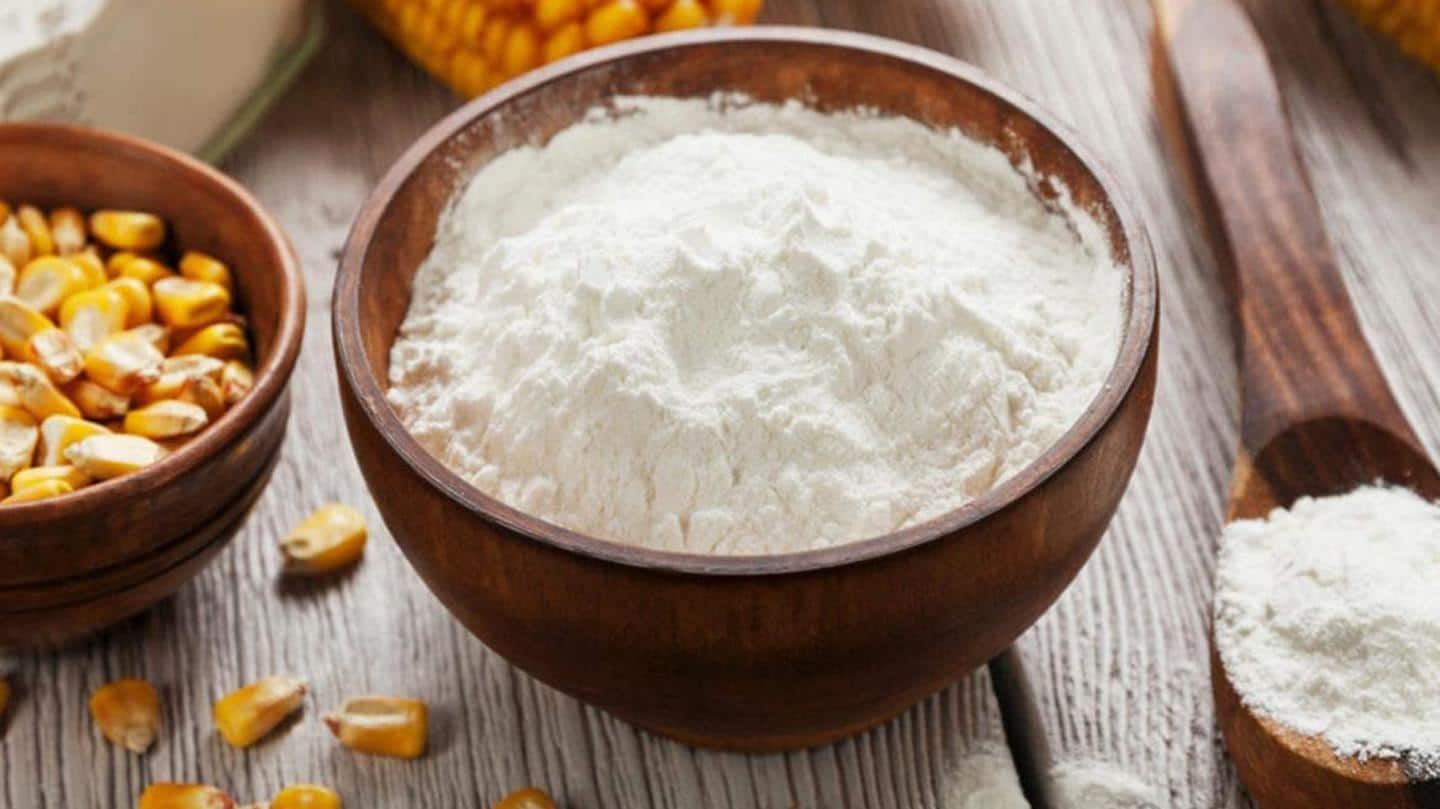
#HealthBytes: Don't have cornstarch? Five healthy alternatives you can use
What's the story
Cornstarch is a pure starch powder that is widely used in cooking. It is extracted from corn kernels after removing all of their outer bran and germ. Cornstarch is most commonly used to thicken soups, stews, and gravies due to its water absorption properties. However, there are other ingredients that you can swap cornstarch with if you don't have it available in the pantry.
Arrowroot
Arrowroot contains more fiber than cornstarch
Arrowroot is derived from the roots of the Maranta genus of plants that is commonly found in the tropics. Like cornstarch, arrowroot is also gluten-free and can be used by those suffering from celiac disease or gluten intolerance. It is also a healthy alternative to cornstarch as it contains more fiber. However, you must use twice the amount of cornstarch to get similar results.
Glucomannan
Glucomannan is great for those on a low-carb diet
Glucomannan is a soluble fiber derived from the konjac plant that contains no calories, making it an excellent substitute for people following a low-carb diet. Glucomannan is also a probiotic and helps in maintaining a healthy gut. What makes it even better is that compared to cornstarch, only an eighth of the quantity of this fiber is required to thicken the required food item.
Wheat flour
Wheat flour is rich in protein and fiber
Wheat flour is nothing but wheat ground into a fine powder. The flour is rich in protein, fiber, and starch. It is also to be noted that to achieve the same result as cornstarch, twice as much quantity of wheat flour is needed. However, unlike cornstarch, wheat flour is not gluten-free and hence not suitable for people with celiac disease or gluten intolerance.
Sorghum
Sorghum is a rich source of proteins and antioxidants
Sorghum flour is made from ground sorghum grains and is a rich source of protein, antioxidants, and fiber. It is also believed to regulate blood sugar levels and reduce oxidative stress caused by free radicals in the body. Sorghum is also rich in nutrients like magnesium, iron, B vitamins, and phosphorous, making it a healthy thickening agent than regular cornstarch.
Tapioca flour
Tapioca flour is good for those who have diabetes
Tapioca flour is obtained by grinding the cassava root vegetable and then filtering out the starch from it. The lower glycemic index of tapioca flour makes it a healthy alternative to cornstarch, especially for those with diabetes. What's more, tapioca is gluten-free and a great addition to stews and baked items. Twice as much tapioca flour as cornstarch should be used for best results.